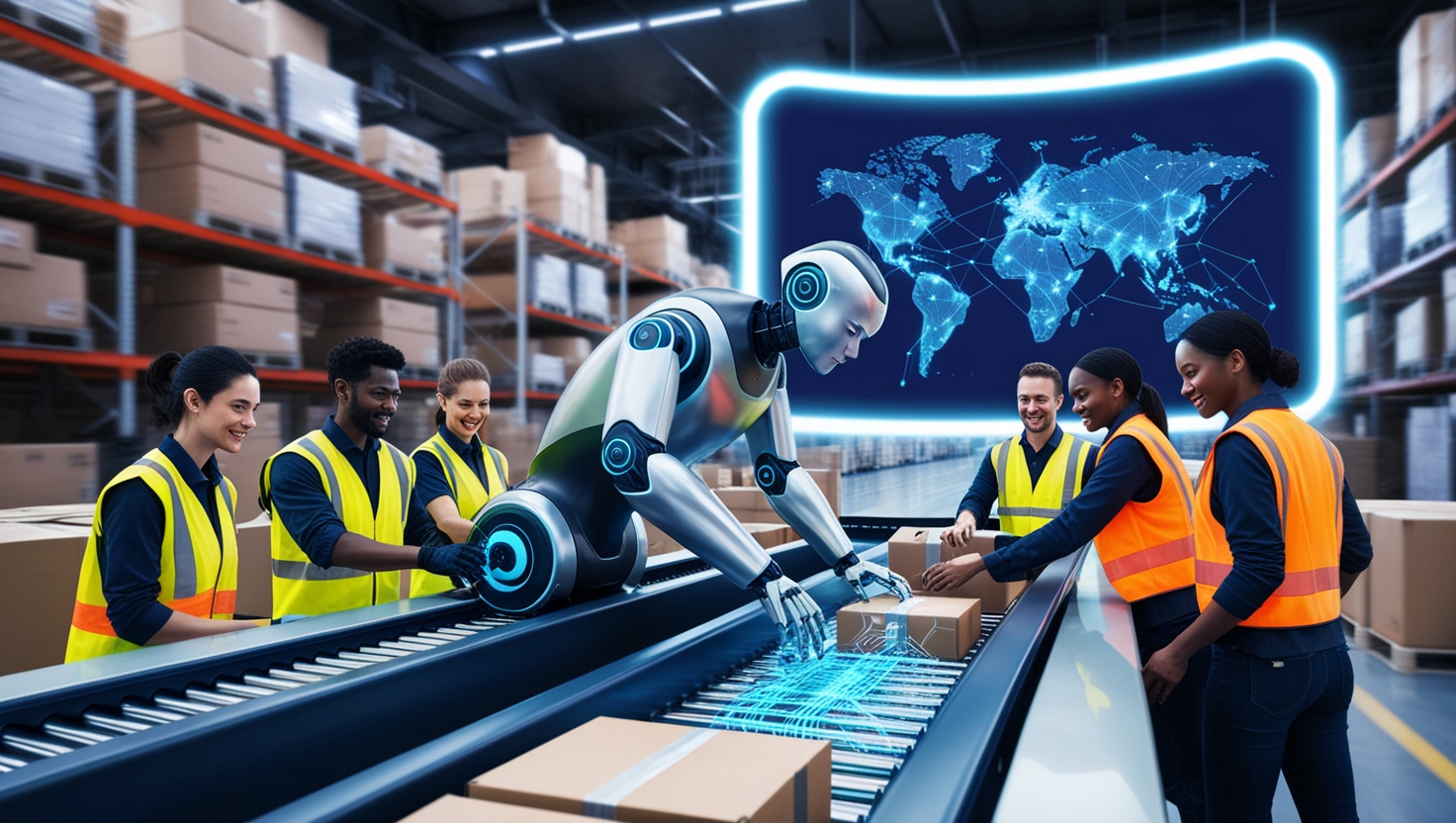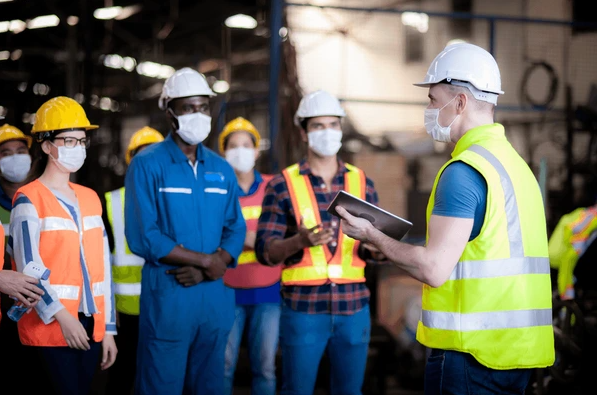The logistics industry is on the brink of a transformative era, driven by advancements in artificial intelligence (AI) and automation. As businesses face increasing demands for efficiency, speed, and cost-effectiveness, embracing these technologies is not just an option but a necessity. This article explores the future of logistics, highlighting how AI and automation are reshaping the landscape and enhancing operations.
The Rise of AI in Logistics
Artificial intelligence has emerged as a game-changer in logistics, revolutionizing how companies manage their supply chains. By leveraging AI, businesses can analyze vast amounts of data to optimize operations, predict demand, and improve decision-making processes. This capability is particularly crucial in today’s fast-paced environment, where consumer expectations are higher than ever.
Key Benefits of AI in Logistics
- Enhanced Efficiency: AI streamlines operations by automating repetitive tasks, allowing human workers to focus on more strategic activities. For example, AI can handle inventory management by predicting stock levels based on historical data and trends.
- Predictive Analytics: With AI-powered predictive analytics, companies can forecast demand with greater accuracy. This helps prevent stockouts and overstock situations, ultimately leading to more efficient inventory management.
- Improved Route Optimization: AI algorithms can analyze real-time traffic data, weather conditions, and delivery schedules to determine the most efficient routes for transportation. This not only reduces delivery times but also lowers fuel consumption and emissions.
- Enhanced Customer Experience: AI enables personalized customer interactions through chatbots and virtual assistants that provide real-time updates on order status and delivery times. This responsiveness enhances customer satisfaction and loyalty.
Automation: The Backbone of Future Logistics
Automation complements AI by handling physical tasks that traditionally required human intervention. From warehouse operations to transportation logistics, automation is set to redefine efficiency standards in the industry.
Applications of Automation in Logistics
- Autonomous Vehicles: Self-driving trucks and drones are increasingly being deployed for deliveries. These vehicles utilize AI for navigation and route optimization, significantly reducing transit times while minimizing human error.
- Robotic Warehousing: Automation in warehouses includes the use of robots for picking, packing, and sorting goods. These robots operate with high precision and speed, which increases throughput and reduces labor costs.
- Automated Inventory Management: Automated systems can track inventory levels in real-time, alerting managers when stock is low or when items are nearing expiration dates. This proactive approach ensures that businesses maintain optimal stock levels without overcommitting resources.
- Last-Mile Delivery Solutions: Automation technologies are being developed to enhance last-mile delivery efficiency. Drones and autonomous delivery vehicles can navigate urban environments quickly, ensuring timely deliveries even during peak demand periods.
The Role of 3PL Logistics Services
As companies increasingly adopt AI and automation technologies, many are turning to 3PL logistics services for support. Third-party logistics providers offer specialized expertise in managing complex supply chains while integrating advanced technologies into their operations.
Benefits of Partnering with 3PL Providers
- Scalability: 3PL providers allow businesses to scale their logistics operations up or down based on seasonal demand without the need for significant capital investment in infrastructure.
- Access to Technology: Many 3PL providers have already invested in cutting-edge technologies like AI-driven analytics and automated warehousing systems. Partnering with them enables businesses to leverage these advancements without incurring high costs.
- Focus on Core Competencies: By outsourcing logistics functions to 3PL providers, companies can concentrate on their core business activities while leaving supply chain management to experts.
- Enhanced Flexibility: 3PL providers offer flexible solutions that adapt to changing market conditions, allowing businesses to respond quickly to fluctuations in demand or disruptions in supply chains.
Challenges in Implementing AI and Automation
While the benefits of AI and automation are substantial, businesses must navigate several challenges during implementation:
- High Initial Costs: Investing in advanced technologies can be expensive upfront, which may deter some companies from making the leap.
- Integration Issues: Integrating new technologies with existing systems can be complex and may require significant adjustments to workflows.
- Workforce Adaptation: Employees may need training to work alongside automated systems effectively. Resistance to change can also pose challenges during the transition period.
- Data Security Concerns: As logistics operations become more reliant on data-driven insights, ensuring data security becomes paramount to protect sensitive information from cyber threats.
The Future Landscape of Logistics
The future of logistics will be characterized by increased collaboration between humans and machines. As AI continues to evolve, we can expect:
- Greater Personalization: Logistics companies will leverage data analytics to offer tailored services based on individual customer preferences.
- Sustainability Initiatives: Automation will help reduce waste and emissions through optimized routing and energy-efficient warehouse operations.
- Enhanced Resilience: AI will enable organizations to anticipate disruptions in supply chains better, allowing them to respond proactively rather than reactively.
- Seamless Integration: The integration of various technologies will create a more cohesive logistics ecosystem where data flows freely between systems for improved decision-making.
Conclusion
Embracing AI and automation is essential for logistics companies seeking to thrive in an increasingly competitive landscape. By leveraging these technologies effectively, businesses can enhance operational efficiency, improve customer satisfaction, and drive profitability.




